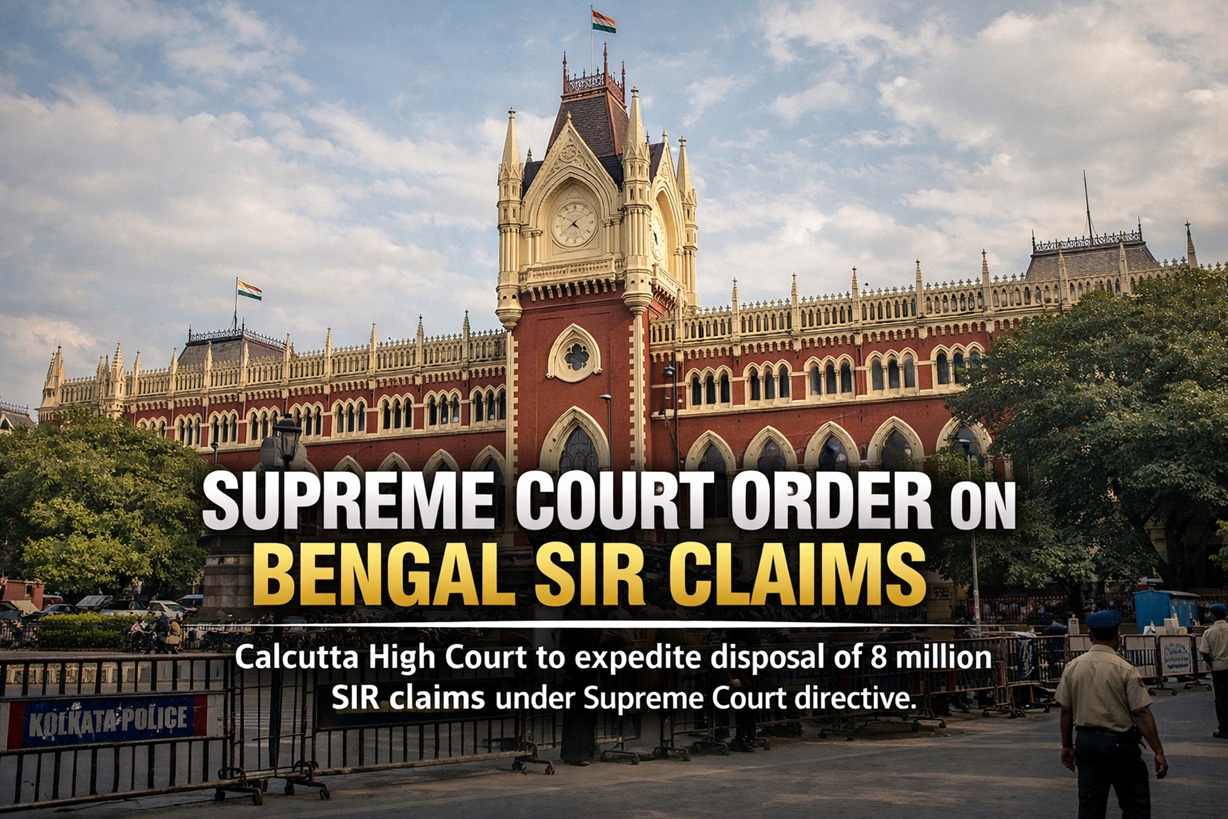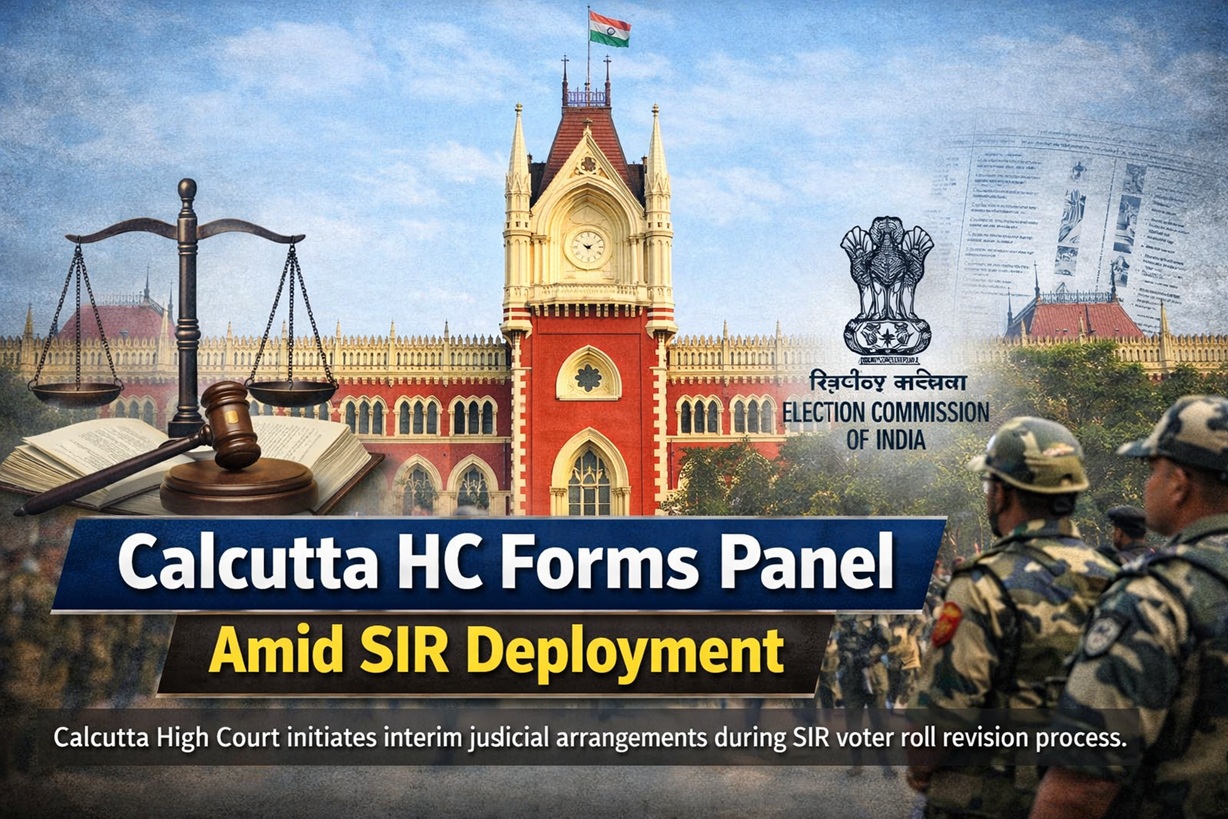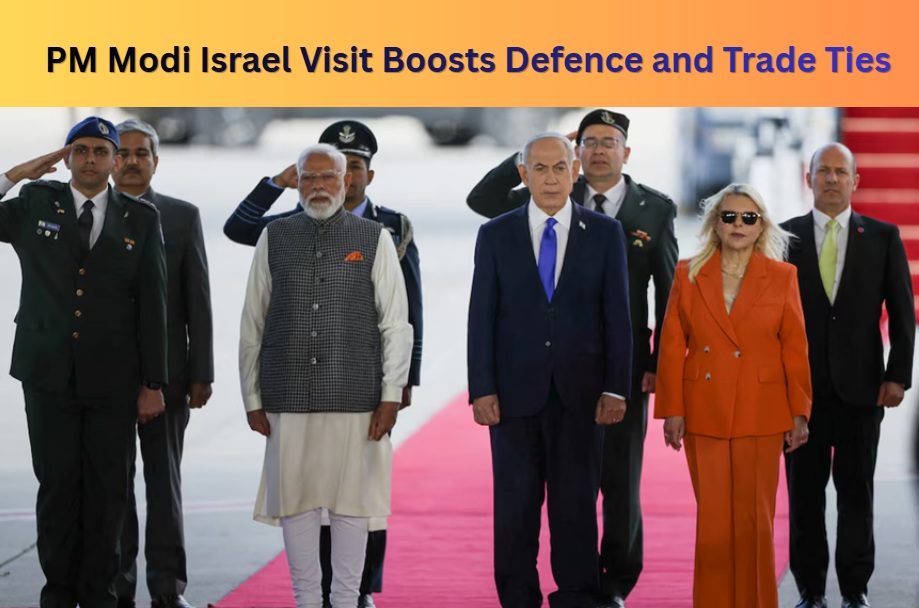When Congress leader Rahul Gandhi demanded a parliamentary discussion on “Operation Sindoor,” the opposition likely imagined it would corner the Modi government over national security and foreign policy. Instead, what unfolded in the Lok Sabha and Rajya Sabha over two days was a stunning reversal of political fortunes. Far from weakening the government, the debate left the Congress exposed, fractured, and reeling from what can only be described as a self-inflicted disaster.
PM Modi’s Firm Message: India Will Strike Back
In response to Rahul Gandhi’s remarks about the so-called “new normal,” Prime Minister Narendra Modi delivered a powerful statement in Parliament. “The masterminds of terror now know India will hit back, and Pakistan understands our response will be tougher than ever before,” he said, referring to Operation Sindoor. According to Modi, India had achieved its strategic objective—not only by neutralizing the terrorists involved in the recent Pahalgam attack but also by sending a clear message to future aggressors: India will go to any extent to defend itself.
Congress Wanted a Discussion—And Then Collapsed in It
Ironically, the opposition had been clamouring for days for a discussion on Operation Sindoor. But when the government offered the floor, the Congress and its allies had little to say. No counter-narratives, no facts, and no leadership presence. As senior BJP leaders like Home Minister Amit Shah and PM Modi took control of the narrative with precise facts, passion, and nationalistic resolve, the Congress benches sat visibly uncomfortable and leaderless.
Rahul Gandhi’s own speech—expected to be a sharp critique—was widely panned as hollow and theatrical. Analysts across the board noted the lack of substance and seriousness in his tone. Even within the Congress party, murmurs of dissent grew louder.
“You Exposed Yourselves”: The Government’s Counterattack
Home Minister Amit Shah launched a blistering attack, branding Pakistan as “Congress’s biggest blunder” and accusing the party of playing politics with national security. His speech wasn’t just about Operation Sindoor—it was a scathing reminder of Congress’s historical missteps, from Partition to soft-pedalling terror narratives.
Even more damning was the strategic genius behind the BJP’s move: turning the debate on national security into a direct indictment of Rahul Gandhi’s leadership. What began as a debate on Operation Sindoor turned into Operation Pappu—an all-out political takedown.
Internal Congress Crisis: Silent Revolt and Growing Resentment
Sources suggest that several senior Congress leaders had warned Rahul Gandhi against politicizing a sensitive military operation, advising instead to support the government. Among them were respected names like Shashi Tharoor, Anand Sharma, Manish Tewari, and Salman Khurshid—all of whom have served in key cabinet roles. But their advice was ignored.
When it came time to speak, many of these veterans were not even given the opportunity. Instead, the Congress fielded lesser-known, dynast politicians—children of senior leaders—creating a perception that merit takes a backseat to lineage within the party.
Rahul Gandhi’s Miscalculation: From ‘Shop of Love’ to Political Isolation
Rahul Gandhi’s political messaging—from the “Shop of Love” to criticism of security operations—has repeatedly backfired. This time, his statements echoed so poorly that even foreign media picked up on the chaos. Pakistan-based media platforms celebrated Rahul’s comments, triggering further outrage domestically.
Some BJP leaders joked that “LOP (Leader of the Opposition)” now stood for “Leader of Pakistan.”
Congress’s Three-Fold Failure
From a strategic standpoint, the Congress failed on all three fronts that matter in politics:
- Internal morale: The party’s base and workers were left demoralized and directionless.
- Public perception: The debate worsened the party’s image, making it appear unserious on national security.
- Coalition credibility: Allies are now second-guessing their faith in the Congress’s leadership.
What Did Congress Actually Achieve? A National Embarrassment
Congress’s attempt to question the authenticity of Operation Sindoor—suggesting that the terrorists might not even be Pakistanis—was perceived as dangerously close to echoing Pakistan’s propaganda. Former UPA Home Minister P. Chidambaram even stated in an interview that there was no evidence linking the attackers to Pakistan. Another Congress MP, Praniti Shinde, went so far as to label the entire operation a “drama.”
Just as this narrative began to gain traction, the government dropped its trump card: the terrorists had been neutralized, and forensic evidence conclusively proved their involvement in the Pahalgam attack.
Operation Sindoor Becomes Operation Pappu
With its narrative collapsing and party veterans alienated, Congress was left battered and leaderless. PM Modi, Amit Shah, and the BJP managed to turn what was meant to be a critique of their policies into a referendum on Congress’s competence—and won decisively.
In political circles, many now say: Congress wanted a debate on Operation Sindoor, but ended up executing Operation Pappu on itself.
Conclusion: A Wake-Up Call the Congress May Ignore
For a party once hailed as the natural party of governance, the Congress now finds itself rudderless, reactive, and unable to read the political pulse of the nation. Operation Sindoor may have showcased India’s military capability—but politically, it laid bare the Congress party’s chronic leadership vacuum and strategic misfires.
Unless the Congress introspects deeply and sheds its dynastic, self-centred approach to leadership, this defeat may be the blueprint for many more to come.
#rahulgandhi #modigovernment #parliamentdebate #parliamentmonsoonsession #amitshah #congressexposed #pahalgamattack #rajyasabha #loksabha #indianpolitics #bjpvscongress #pok #modivsopposition #kashmir #terrorismdebate #indianarmy #operationsindoor #mahadev #pmmodi #parliament #parliamentsession #india,






